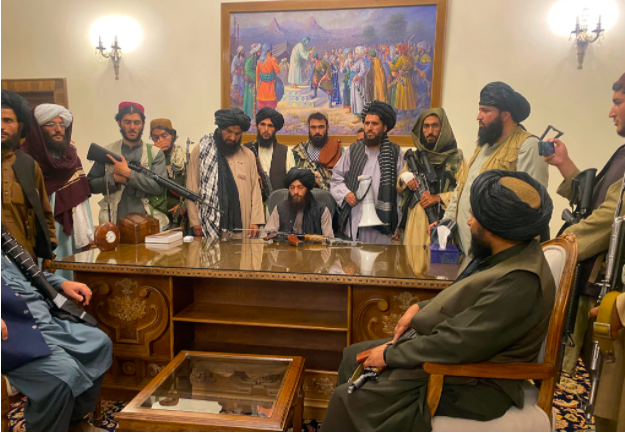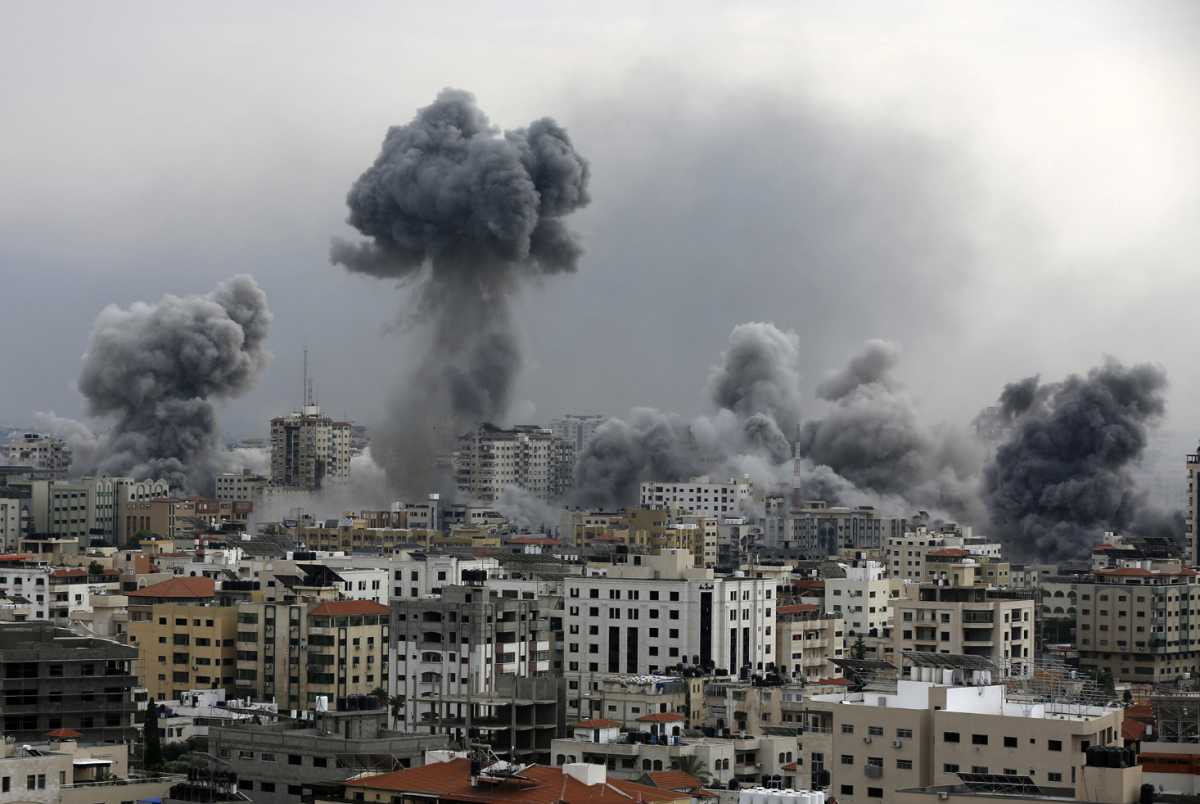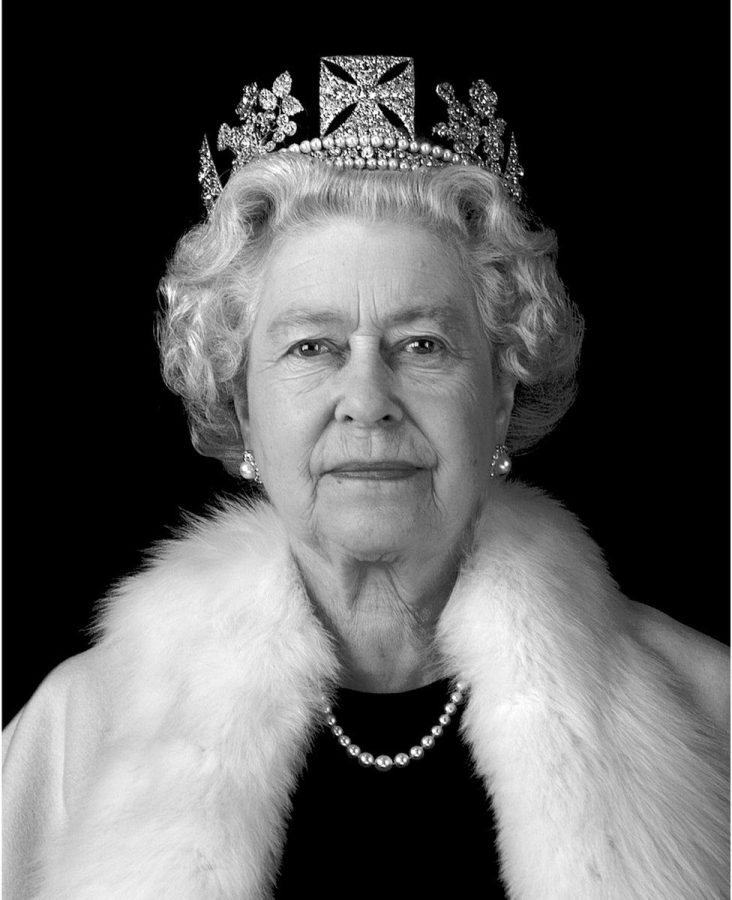On August 15, Kabul fell to the Taliban.
The Taliban are a militant Islamic group that emerged during the Afghan Civil War in 1994. They had control over most of Afghanistan from 1996 to 2001, during which they harbored jihadists (like Al Qaeda). It was with them that Osama Bin Laden organized his various attacks against the United States: two embassies in Africa, the USS Cole, and eventually the attack on the Twin Towers, all killing hundreds. Furthermore, the Taliban burned vast areas of fertile land, destroyed thousands of homes, and prevented the United Nations’ food supply to civilians.
The Taliban strictly enforce Sharia, or Islamic, law. For women, this means wearing burkas is required, accompaniment by a male relative upon leaving the house is required, and attending school is not allowed. In addition, the Taliban have a history of committing massacres against civilians, and have them publicly whipped and/or executed for breaking rules. The Taliban have conducted cultural genocide of and persecuted religious and ethnic minorities, and according to the United Nations, were responsible for 75% of Afghan deaths in 2010.
There are currently American citizens and Afghans with visas from the U.S. or another country left in Afghanistan.
In days following the U.S. withdrawal, the State Department said there were around 100 to 200 American citizens left in Afghanistan who wished to leave. More recently, Defense Secretary Lloyd Austin said on Tuesday, September 28th while testifying before the Senate Armed Services committee, “I personally don’t believe that there are 4,000 American citizens still left in Afghanistan . . . But I cannot confirm or deny that . . .” When asked for his best estimate, Austin said there are “currently fewer than 100 American citizens who want to depart and are ready to leave . . .” It is unclear exactly how many American citizens and allies are still stranded in Afghanistan, but the number is not zero, and could well be in the hundreds or thousands. Defense Secretary Austin remarked on September 28th, “We got out 21 American citizens today, along with their family members, and we will continue to work . . .” In addition to the U.S. military, private citizens have done a lot of the rescue work.
Life in Afghanistan now is devastating. As a demonstration to potential criminals, the Taliban hung bodies in a central plaza on September 25. Various groups are facing persecution; for example, journalists are being targeted. Their families are often visited by the Taliban, and journalists are urged to flee the country by their loved ones. Protests by women and girls in response to the strict Sharia law are severely restrained: according to witnesses, the Taliban used tear gas and shots into the air to disperse the attendees. A man was even severely beaten for attending a protest. Non-Sunni Muslims, Jews, and Christians also face persecution. Christians are not allowed to worship openly, and blasphemy (praising anyone other than the prophet Muhammed and the Islamic god) is potentially dealt with through capital punishment.
With Americans, allies, and Afghans stranded in now-enemy territory and a terrorist organization in control, it is clear that the American government’s Afghanistan plan was a failure. One can only pray that things will change in the future.








